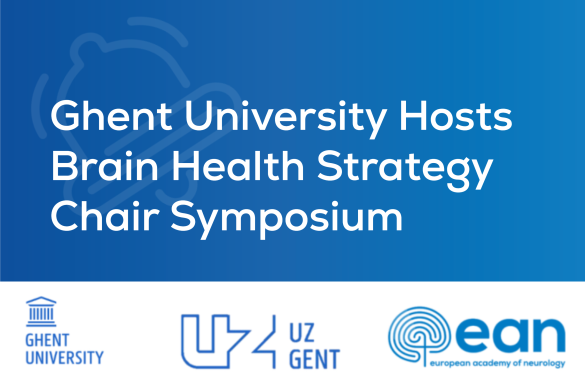by Anna Bersano, Co-chair of the EAN Scientific Panel on Stroke
The EAN Scientific Panel on Stroke is delighted to announce that a joint session between EAN and the European Stroke Organisation will take place at the ESOC 2021, on 1-3 September, 2021. The session, which has been scheduled for 2 September (3:45 to 5:15 pm) has the title ‘Current status on the diagnosis and management of intracranial stenosis’. Intracranial stenosis of the major cerebral arteries is a common cause of ischaemic stroke occurrence and recurrency. Although atherosclerosis is one of the most important aetiologies, other causes include vasculitis, moyamoya and dissections. The risk of recurrent stroke should lead to the consideration of different therapeutic approaches, such as percutaneous stenting, other than intensive medical therapy in symptomatic cases. However, the impact of endovascular therapy is still unclear. The session will give a comprehensive overview of the disease, dealing with diagnostic, clinical and therapeutic aspects.
The convenors of the session will be Anna Bersano (Milan, Italy), Co-chair of the EAN Scientific Panel on Stroke, and Marcel Arnold (Switzerland), a member of the Heart and Brain Council of ESO. The convenors will make a brief introduction to the field, pointing out the importance of collaboration between EAN and ESO in such an important field as cerebrovascular diseases.
The first presentation will be held by Nicola Logallo (Norway) who will discuss the importance of the condition as well as clinical aspects, aetiology and risk factors. Jereon Hendrikse (Netherlands) will speak of the neuroradiological aspects of intracranial stenosis and the application of new techniques such as high resolution MRI. Considerations on medical treatment will be reported by Elsa Azevedo (Portugal). Finally, Jens Fiehler (Germany) will discuss the results of a clinical trial on endovascular therapy and will provide us with an indication of which patients to treat with it.
We think that this session may be of particular interest for general and vascular neurologists given the big uncertainties that still exist regarding the management of these patients.
For more information about ESOC 2021, visit eso-conference.org













